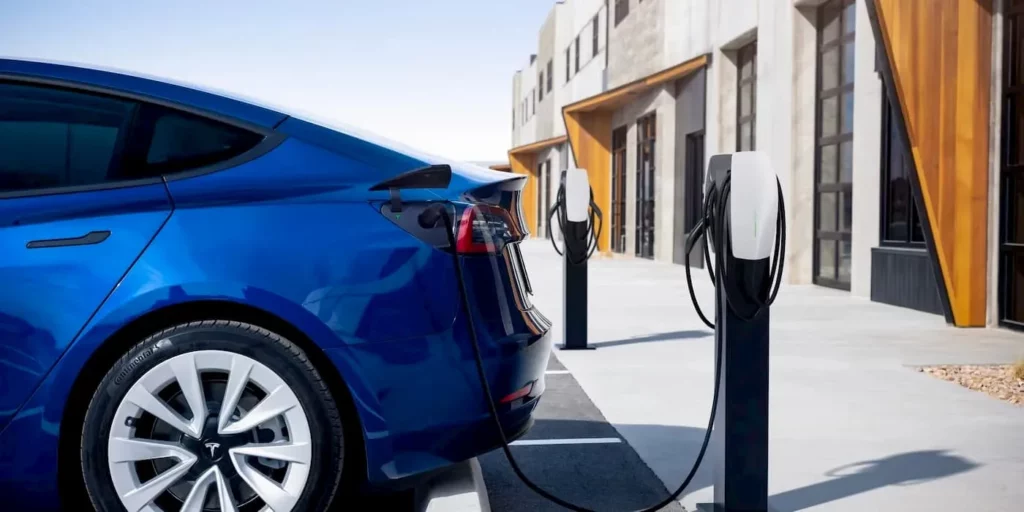According to PTI, the Karnataka government presented a revised outline policy on electric vehicles on Friday (2023-28), with the goal of attracting investment of Rs 50,000 crore and perhaps creating one lakh jobs over the next five years.
The Minister for Large and Medium Industries and Infrastructure Development, M B Patil, stated on the occasion, “This proposed policy aims to transform Karnataka into a pioneering force in the field of electric mobility, embracing sustainable practises and equitable growth while fostering innovation and creating a robust ecosystem for EVs throughout the state,” according to PTI.
Speaking at an ideation session with electric vehicle industry representatives, he announced that before releasing the final E-mobility policy, the ministries of finance, energy, transport, and urban development would meet jointly to resolve outstanding concerns. This was reported by PTI.
In response to suggestions from some of the major participants in the electric vehicle market, Patil declared that in order to encourage the use of EVs, the government would create model EV cities. According to PTI, among other places, Kalaburagi, Belagavi, Hubballi-Dharwad, and Mysuru would all become model cities. According to him, talks are on between the government and the National Highway Authority of India (NHAI) to install electric vehicle charging stations at ten significant toll booths on either side of the Bengaluru-Pune national highway.
The draught policy highlights were presented by Gunjan Krishna, Commissioner, Department of Commerce and Industries, Government of Karnataka. He stated that the government has identified Gauribidanur (Chikkaballapur) and Chikkamalligewada (Dharwad) as potential locations to create large EV clusters at the “right price point.” She said that investors can easily obtain the land in both areas as it has been purchased.
A statement from the Minister’s office states that Karnataka’s current EV policy is about to expire. According to PTI, the state introduced the EV policy in 2017 and enhanced the incentives in 2021 to guarantee the ‘maximum advantage’ for investors, making it the first in India to do so.

Details of The Karnataka Electric Vehicle Policy
The capital subsidy for testing centres has been raised to 30% in the proposed amended regulatory policy in order to attract top-tier private operators and help them establish EV Testing and Certification facilities. It stated that the current policy offers a five-year ceiling of fifteen percent for capital subsidies and one percent for production-linked incentives.
Additionally, it stated that the new draught strategy has expanded its scope to include incentives for cell components such as anode, cathode, separators, powerful hybrid cars, battery recycling facilities, and testing infrastructure.
According to PTI, these clusters would consist of six main elements: factory/sheds that are ready to use, ready-to-occupy land parcels, plug-and-play incubation facilities, testing labs, proving grounds, and homologation facilities.
Furthermore, the Karnataka government has provided capital subsidies to micro and small businesses, with the amounts ranging from 25 to 30 percent and 20 to 25 percent, respectively. According to the statement, incentives on the value of fixed assets (VFA) for medium-sized businesses range from 20% to 25%.
According to PTI, the plan suggests a rental subsidy that would cover thirty percent of the rent, or a maximum of Rs five per square foot per month, for three years on rental premises larger than 10,000 square feet.
In the meanwhile, the current policy’s exemption from stamp duty is still in effect. The proposed amended draught policy, according to PTI, will quickly identify land parcels aligned with power infrastructure for charging stations, offering favourable power pricing, in an effort to speed up the adoption of EVs.
“Karnataka is the third-highest electric vehicle registration state in the country, with about 2.5 lakh registered EVs and 700 charging stations, demonstrating the state’s commitment to changing the mobility landscape,” the statement read.
Industrial Training Institutes (ITIs) will be crucial to the evolution of the electric vehicle industry in terms of skill development, which is a major demand for the sector to change. They will not only assist in lowering the cost of skill development by 40% but also shorten training durations by 2-4 months, it noted.